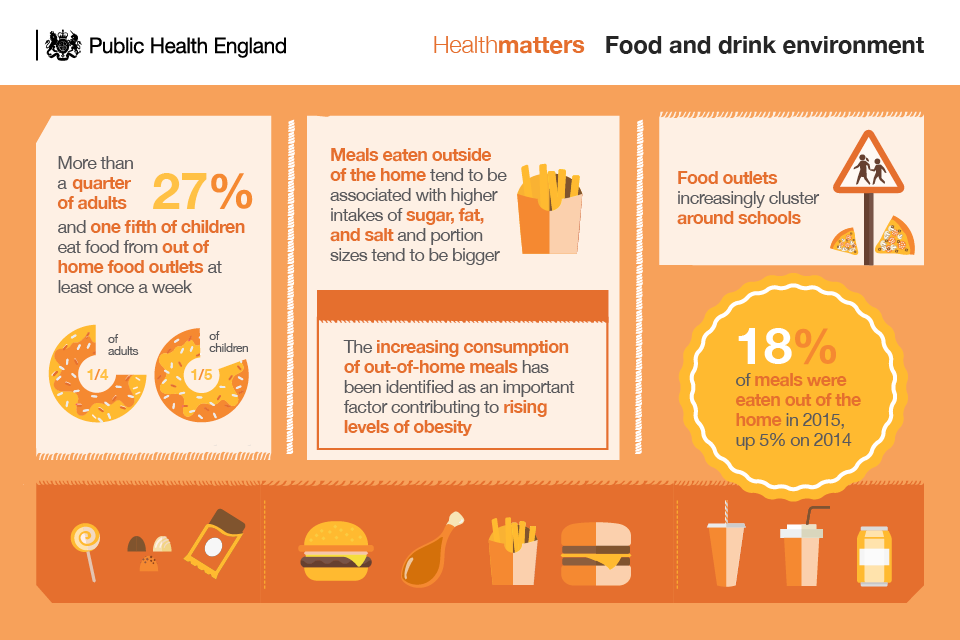The Impact of the Fast Food Module
After visiting different sources and even observing the
recent debate on government versus personal control over fast food, It is only right
that after all the insight, we would have formulated an opinion. Especially if
we recall that as a class, we’ve recently discussed the flip sides that exist
when debating fast food and its detriment. There is no question that fast food
in itself is extremely harmful to the populations health, which is why we
allocate so much time and effort into further acknowledging how it affects the
consumers.
The debate conducted in Critical Reading,
Writing and Speaking, highlighted that
there can be many opinions that revolve around this topic thus making it easy
to debate. Many things we covered were likely discussed in the students
previous years, so what made this module any different? In retrospect, one may
believe that since they understand the impact then, they understand the concept
completely but that resulted to be incorrect. Once the documentary Fast Food Baby was introduced, the
concept seemed to be much more personal. Observing others peoples choices and
personal decisions based on their diet made it clear that this was not a
culmination of occasional unhealthy eating based on the nation but a repetitive
behavior that affected people individually. They became fully dependent on fast
food and relied outside eatery, thus showing that the statistics were highly
relatable to those with redundant behaviors. It is not just a choice but it is
something that can lead people to extremes based on their diet which is why it
has the comparison of tobacco.
This module not only highlighted it
as something personal but it also allowed the students to explore the idea of
there being a national responsibility. The topic of government intervention was
brought in, would it be necessary to have this be even If it is a topic impacts
peoples personal decisions. There are many arguments that justify the excessive
use of fast foods, which include the time, the convenience and the cost. As beneficial
as these factors are to the consumer, they are not valid in a sense that validates
putting a family at risk of diseases. Now, with the access to quick recipes and
healthy food delivery that can be found online, these arguments are not valid anymore.
During the debate, students did argue
this and it did allow for more perspective on the topic. As for the formulated opinion,
due to both sides stating information for the most part, I decided to look at
the benefits from both ends. I concluded that this matter is of concern to the
government and the consumer as a personal
choice. The Government can place all the resources and information out for the
public but it also has to come from the consumers side to take initiative and start
to utilize those resources and change their meal plans.
The Is Fast Food The New Tobacco? Module was very useful in the sense
that it made it a personal matter and reflected it onto the students, where they
were allowed to experience the hard truth of eating unhealthily in a home that
included people just like them and allowed me to conclude that this issue
should include effort from both
parties.


This comment has been removed by the author.
ReplyDeleteI agree that it is up to the government to educate the people and for the people to make their own educated decisions about what they want to eat.
ReplyDeletefirst
ReplyDeleteGreat use of the given information!
ReplyDeletefor it being written on the bus :)
amazing work! i like how you used the given articles!
ReplyDeleteYou have a strong relation between the responsibility of the government and the increased rate of consumption of fast food.
ReplyDelete